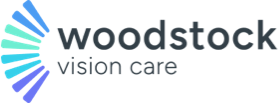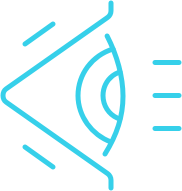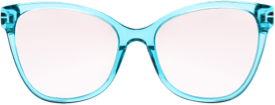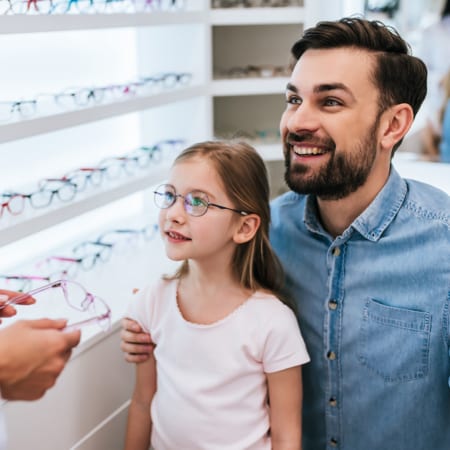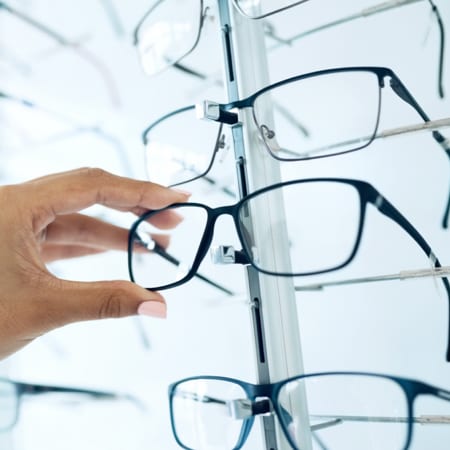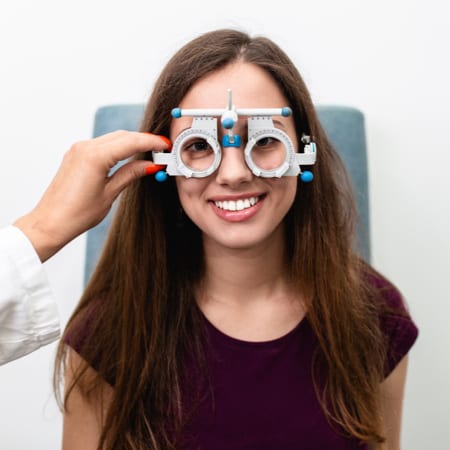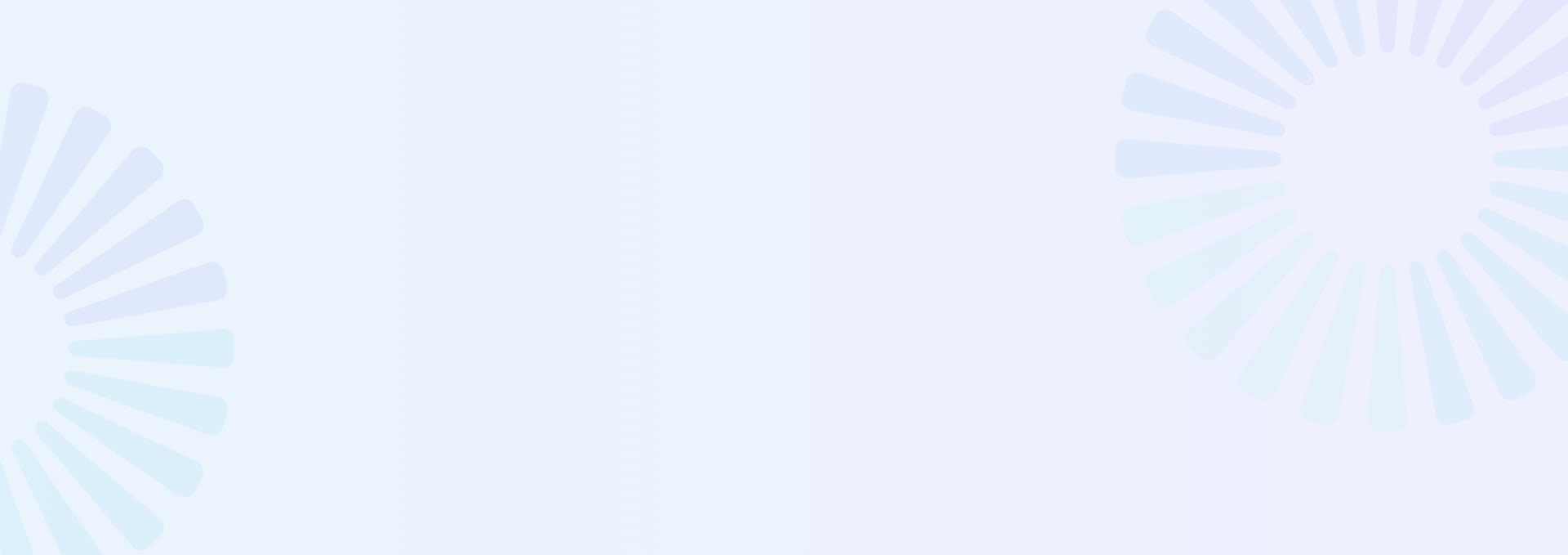What Is Myopia Control?
Children undergo crucial visual development in their early years, and one of the most common eye issues they can face is myopia. Untreated myopia can lead to vision problems later in life, and we want to help.
Our team is dedicated to assisting with controlling the progression of myopia for your children, using treatments like MiSight and Abiliti lenses.
We can help your children manage myopia effectively, and we can guide you both through the process with the information you need to address your child’s vision needs.
Our goal is to preserve your children’s long-term vision. Contact us to schedule your myopia control appointment today.

What Is Myopia?
Myopia develops when the eyeball is too long or the cornea is curved too steeply. This can cause light to focus incorrectly inside the eye, which can make distant objects, like a whiteboard at school, appear blurry.
Early myopia control is crucial, as myopia can affect your child’s academic performance and cause future eye health issues if left uncorrected.


High Myopia Risks
By the year 2050, nearly half of the global population is expected to develop myopia to some degree.
To address this issue, it is important to get help managing myopia at the early stages. As myopia advances, the chances of developing high myopia increase, posing significant risks to your child’s vision and overall eye health. By taking proactive measures during the initial phases of myopia development, we can reduce its impact and protect your child’s long-term eye health.
High myopia can lead to complications down the line and can elevate the risk of developing eye diseases and conditions when left uncorrected, such as:
- Retinal detachments
- Glaucoma
- Cataracts
- Myopic macular degeneration
Learning & Vision
Undiagnosed vision problems can have a major impact on a child’s academic performance, as well as their daily activities, such as reading, sports, and participation in class.
These issues may lead to stress, confusion, and a decline in overall academic progress. However, there is good news. Professional care and treatment options, such as corrective lenses, can address these problems and help your child excel both academically and non-academically. This can lead to an improved quality of life for your child.
Different Signs & Symptoms of Myopia
Myopia can affect your children in different ways. It’s important to keep an eye on the different signs and symptoms, which can include:
- Eye strain
- Blurry vision when looking at faraway objects
- Squinting to see distant objects
- Headaches
If your child is experiencing these symptoms or you notice these symptoms, a comprehensive eye exam with our team can help. We can help determine if myopia control methods could be beneficial for your child.
When Is It Time for Myopia Control?
When School Work Is Becoming More Difficult
Uncorrected myopia can affect your child’s academic performance.
Research indicates that children with myopia are more likely to experience difficulties in school.
When Your Child Is Dealing with Headaches & Eye Strain
Nearsightedness can lead to several complications, including eye strain and headaches. Myopia management can help reduce the effects of myopia and its potential to cause complications.
Your Child Is Avoiding Sports & Being Outside
Studies have revealed that children diagnosed with myopia frequently encounter challenges when engaging in outdoor activities such as sports.
Prolonged periods spent indoors can also contribute to the progression of myopia in children.
Our Myopia Control Strategies
Myopia control isn’t all about curing nearsightedness. Rather, it aims to slow down eye growth associated with myopia.
Our myopia control methods help send signals to the eye to help slow down its growth. Once we examine your child’s eyes, we can begin exploring the appropriate myopia control options that suit their lifestyle.
Our team is committed to preserving your child’s vision.
MiSight 1 day lenses are soft contact lenses that can assist with managing myopia for children. These lenses feature ActivControl technology, which helps correct and decelerate myopia progression in children aged 8–12 years old at the beginning of their treatment.
By altering the way light focuses on the retina, these lenses can signal the eye to decrease its growth and manage the development of myopia.
Clinical studies have demonstrated that MiSight contacts can reduce myopia by an average of 59%, and many kids find them preferable to glasses.
ACUVUE Abiliti soft contacts prioritize comfort with breathable material to help keep eyes fresh and hydrated all day long.
ACUVUE Abiliti soft contacts manage myopia by changing how light focuses on the retina so it can signal the eye to slow its growth and reduce myopia progression.
Essilor’s Stellest eyeglass lenses use a central zone to correct your child’s vision and Highly Aspherical Lenslet (HAL) technology around the outer rings of the lens to change how light focuses on the retina to slow the progression of myopia.
When worn 12 hours a day, studies have shown HAL lenses to slow myopia progression by 67%. We can fit Stellest lenses in a variety of eyeglass frames, so your child can look and feel great while caring for their future eyesight.
Low-dose atropine eye drops can help manage myopia. These drops work by suppressing the eye’s growth to slow down the progression of myopia.
Low-dose atropine drops can work by suppressing the eye’s growth to slow down the progression of myopia. However, we might still recommend wearing contact lenses or glasses during the day to help keep your child’s vision clear.

Take Our Myopia Quiz
Need more clarity? Take our myopia quiz down below.
Help Your Children See Clearly Today
It’s crucial to address myopia early, and our team at Woodstock Vision Care can help. An eye exam can help diagnose myopia and other vision issues early.
